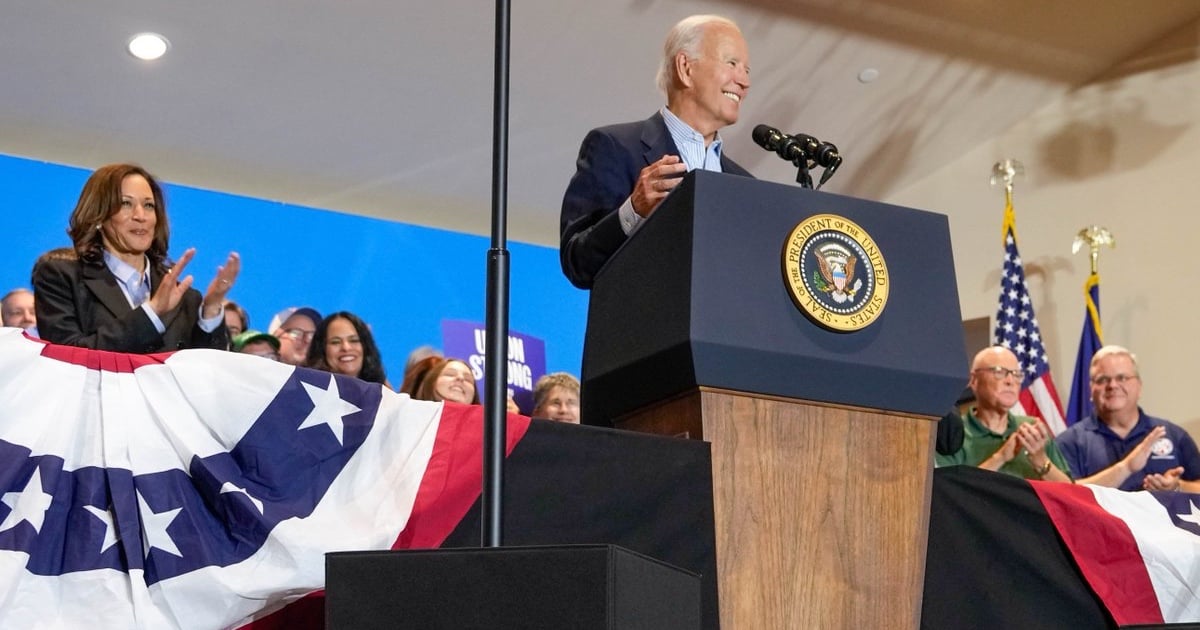
The Biden Administration has included Cuba this Monday among the countries that do not make "significant efforts" to curb human trafficking and announced the adoption of sanctions against the government of Miguel Díaz-Canel. These will remain in effect until a change in attitude is perceived from the authorities on the Island and they "meet the standards of the anti-trafficking law or make efforts to comply with them."
Through a presidential memorandum addressed to the Secretary of State, to be presented in Congress, President Joe Biden warns the Cuban government that the United States "will not provide non-humanitarian or trade-related assistance nor permit funding for participation in educational and cultural exchange programs by officials or employees" of the Cuban government during fiscal year 2025. This measure will also affect Belarus, North Korea, Eritrea, Macau, Nicaragua, Russia, and China, among other countries similarly included in this memorandum.
According to Martí Noticias, Biden has asked the executive directors of the U.S. multilateral development banks and the International Monetary Fund to vote against granting loans or other types of funds to Cuba and the other sanctioned countries for not cooperating in the fight against human trafficking.
This measure proposed by the United States excludes funds intended for humanitarian assistance or the trade of basic goods.
It should be remembered that in April of this year, the United States announced that it would restrict visas for officials and employees of those governments and organizations that contribute to the "trafficking of Cuban doctors," among other measures approved under the State Appropriations, Foreign Operations, and Related Programs Act for Fiscal Year 2024.
In late March, the United States Congress approved a bill in support of democracy in Cuba that included these measures under the title of Consolidated Appropriations Additional Act 2024, written by Díaz-Balart.
In September, a resolution was once again presented in the U.S. Congress requesting the withdrawal of visas from officials of countries that traffic Cuban doctors. The text of this resolution was based on the Department of State's Trafficking in Persons Report from June 2024, in which the U.S. maintained Cuba at a low level of cooperation (3) with trafficking prevention laws and reiterated its criticism for the continued export of Cuban medical services, "using deceptive or coercive tactics."
It should not be forgotten that the Cuban government retains 75% of the income of doctors it sends to work abroad under the pretext that this money will be invested in the public healthcare system, something it doesn't even do with state funds, which has plunged the Cuban healthcare system into a deep crisis of human resources, materials, and infrastructure. Meanwhile, doctors are kept in a state of slavery, threatened with exile if they abandon their mission. Those who dare to leave face numerous obstacles to validate their qualifications and work in another country. Many are even stripped of their passports to prevent them from escaping.
What do you think?
COMMENTFiled under: